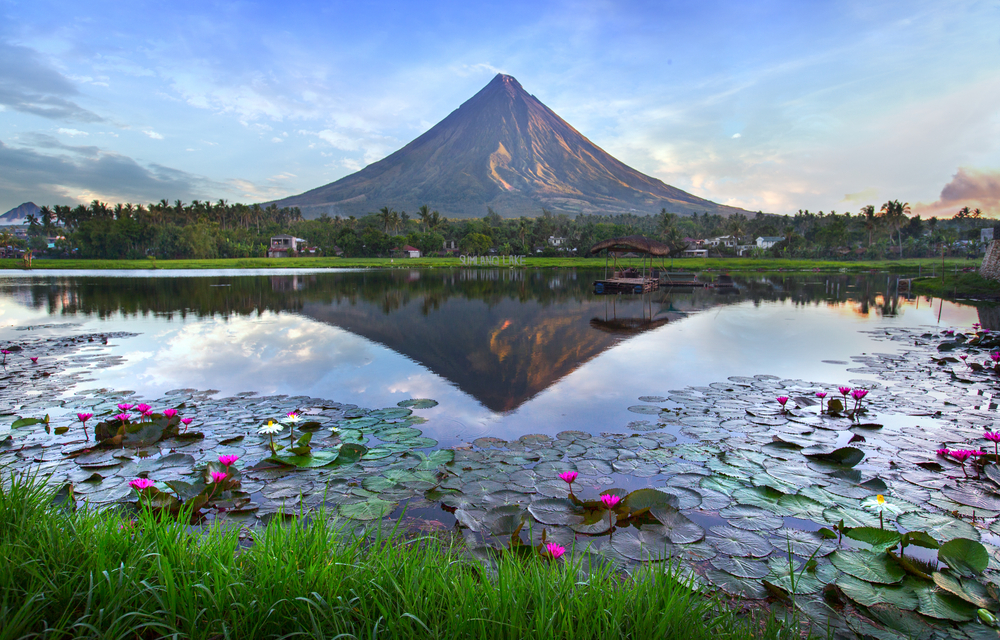Blossoming archipelago: Sustainability now at the forefront of Philippine real estate
The industry is championing the ‘green movement’ across the nation

With the real estate sector’s growing awareness of the importance of sustainability and the evolving needs of its users, Santos Knight Frank believes that the volume of LEED-certified buildings in the capital city of Manila will surge from 22.3 percent in the 2nd half of 2022 to 32 percent by late 2025.
“ESG is becoming integral to corporate real estate decision making. From ‘nice-to-have,’ sustainability and wellness are increasingly becoming ‘must-haves’ for companies,” explained Rick Santos, chairman and CEO of Santos Knight Frank.
In the office sector, he reveals that most occupiers now opt for the best value spaces for their businesses and their employees. He added: “Landlords have been acknowledging this, and we estimate that 72.3 percent of upcoming office space between Q3 2022 and 2025 will be in LEED-certified buildings. This will increase the proportion of green buildings in Metro Manila to 32 percent by the end of 2025.”
Meanwhile, in the industrial realm, renewable energy has witnessed an increase in recent years, with the country’s solar energy capacity leaping from 2 MW in 2012 to 1,370 MW in 2021.
Kash Salvador, head of Investment & Capital Markets at Santos Knight Franks, said: “The growth of renewable energy is key to supporting the expansion of the industrial sector. Lower cost of electricity significantly benefits industries that massively rely on power, such as manufacturing and data centres.”
More: Why the Philippine real estate should be on your radar this year
As for the hospitality sector, the World Travel and Tourism Council’s 21st Global Summit held in the capital is paving the way for the industry’s green journey as the council implemented the Hotel Sustainability Basics (HSB) to ensure that the entire sector is aligned, reported TTR Weekly.
With the HSB, all hotel industry members will have access to a set of criteria that will help their properties get validated and certified as green-friendly.
In line with this, the Department of Tourism has also introduced several initiatives, including the ANAHAW Certification for Sustainable Tourism in collaboration with GRaT Centre for Appropriate Technology through the Zero Carbon Resorts, which presented failsafe steps to guarantee that resorts and hotels abide by the highest of green standards in their daily operations.
Though the acceptance to embrace sustainability in the industry is still at its early stages, the premier leaders of the industry, who are PropertyGuru Philippines Property Award winners in their own right, have pulled out all the stops to showcase their commitment to the green movement, namely Aboitiz InfraCapital, Inc. (Integrated Economic Centers), Cebu Landmasters, Inc., Eton Properties Philippines Inc., PIK, RLC Residences, and Best Developer (Philippines) SM Development Corporation (SMDC).
Together with his fellow independent panel of judges, JLL also uncovered that Raymond Rufino is spearheading this movement as the CEO of NEO, the top green office developer in the country, as the firm achieved net-zero carbon energy in 2021 and earned 5-star certifications under the Advancing Net Zero Philippines Programme.
Seen any outstanding residential, commercial, or industrial projects in the Philippines lately? Nominate them for the 10th annual PropertyGuru Philippines Property Awards on or before 5 August 2022. To know more, visit asiapropertyawards.com/award/philippines/.
Gynen Kyra Toriano, Digital Content Manager at PropertyGuru, wrote this article. For more information, email: [email protected].
Recommended
Why everyone is moving to Selangor and Johor: Malaysia’s real estate comeback
Malaysia’s upturn in fortunes is especially prevalent in secondary destinations such as Selangor and Johor
Penang’s silicon boom: How the US-China tech war is supercharging local real estate
Penang’s booming semiconductor industry has created ripples within the local real estate sector
New leader, new opportunities: How Hun Manet is shaking up Cambodia’s real estate game
Hun Manet is overseeing decent economic growth and widening access to the country’s real estate market for foreigners
Singapore embraces inclusive housing reforms amid resilient demand
The Lion City’s regulatory strength continues to exert appeal for international investors








